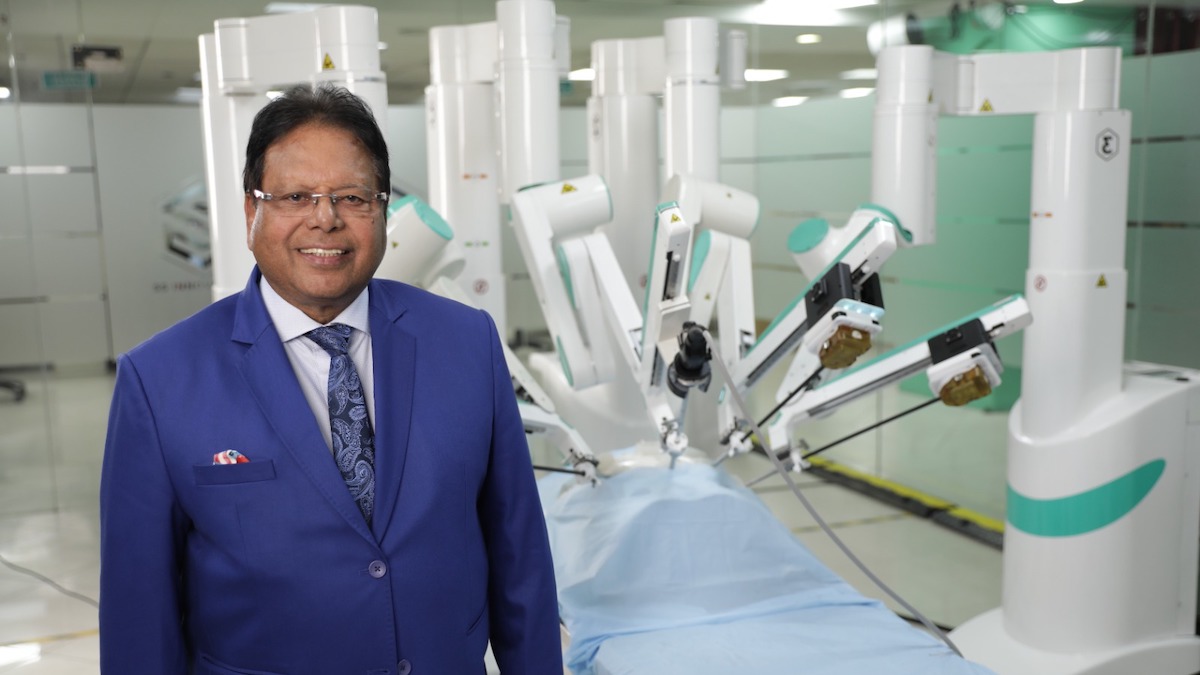New Delhi: The first successful contraceptive for males that provides long lasting sterility with complete reversibility may no longer be a distant dream. The Indian Council of Medical Research (ICMR) has concluded a seven-year follow up of 303 healthy male volunteers, which showed that the non-hormonal injectable male contraceptive RISUG (Reversible Inhibition of Sperm under Guidance) is safe and efficacious.
According to the results of the open-labelled and non-randomized phase-III study (long-term follow up of human volunteers) published in the international open access journal Andrology, 303 healthy, sexually active and married male subjects (aged 25-40 years) identified from family planning clinics were injected with 60 mg of RISUG.
The study found that RISUG’s pregnancy prevention was 99.02% without any serious side effects. It found that RISUG achieved 97.3% azoospermia, a medical term to indicate no viable sperms being present in the semen that is ejaculated. The study also monitored the health of the wives of the volunteers and found that there were no adverse effects.
RISUG is based on the injection of a polymeric agent, styrene maleic anhydride (SMA) in a vehicle of di-methyl sulphoxide (DMSO), into the sperm duct, which transports sperm cells from the testicles to the penis. RISUG was developed by Dr Sujoy Kumar Guha of IIT Kharagpur.
He published the first scientific paper on RISUG in the journal Contraception as far back as 1979. It has taken more than four decades for this contraceptive to complete phase-III trials.
The hospital-based study was spread across five centres, Jaipur, New Delhi, Udhampur, Kharagpur and Ludhiana.
“Finally, we have been able to address two main concerns about RISUG through this study—how long contraception would be effective and how safe it is for the people who took the contraceptive,” explained corresponding author of the study, Dr RS Sharma, who completed his tenure in ICMR in 2022 after spending over 20 years studying this contraceptive.
The study, funded by the health ministry, found that even if some of the men showed initial side effects after RISUG injection such as fever, inflammation and urinary system infection, they were resolved completely over subsequent visits, within a few weeks to about three months.
“The advantage of RISUG such as minimal, localized and one-time injection, long-term efficacy and negligible side-effects make it a better choice for male contraception,” stated the study adding that the failure rate of RISUG was lower than the rate of male condom breakage (12%-18.6%).
Since RISUG involves localized injection there seemed to be no detectable interaction with other body parts unlike the hormonal injectable contraceptives, noted the study.
“The results of the present study show that a standard dose of 120 µl of RISUG injected into each vas deferens (sperm duct) covers for variabilities in the lumen diameters and overall size of the vas deferens. Therefore, subject-wise dose selection need not be done. This feature helps immensely in the operation of a mass contraceptive delivery program,” stated the study
Findings of the study also indicated that there was very little need for medical assistance following the RISUG administration. “With proper counselling pre injection and immediately after the injection the subjects can on their own take care of any issues which may come up.
Therefore, the manpower requirements in the family welfare program will not be greatly increased by the introduction of RISUG,” concluded the study.
“It is a complex polymer which is complicated to make. The polymer we used in the trial was made at a GMP-certified facility set up in IIT Kharagpur. Its efficacy could last for as long as 13 years. No pharma company is interested in selling a product that could be that effective, especially one for men who are not known to participate in family planning. Hence finding a manufacturer for this could be challenging,” cautioned Dr Sharma.
How does RISUG work:
RISUG is injected into the two sperm ducts (vas deferens) that carry sperm from the testicles to the penis.
A local anaesthetic is applied on the scrotum at the injection site first. RISUG is injected into first one sperm duct and then the other
Once injected, the highly charged polymer sticks to the inner walls of the sperm duct. When the polymer comes in contact with the negatively charged sperm, it ruptures their tails making them incapable of fertilizing the eggs.






